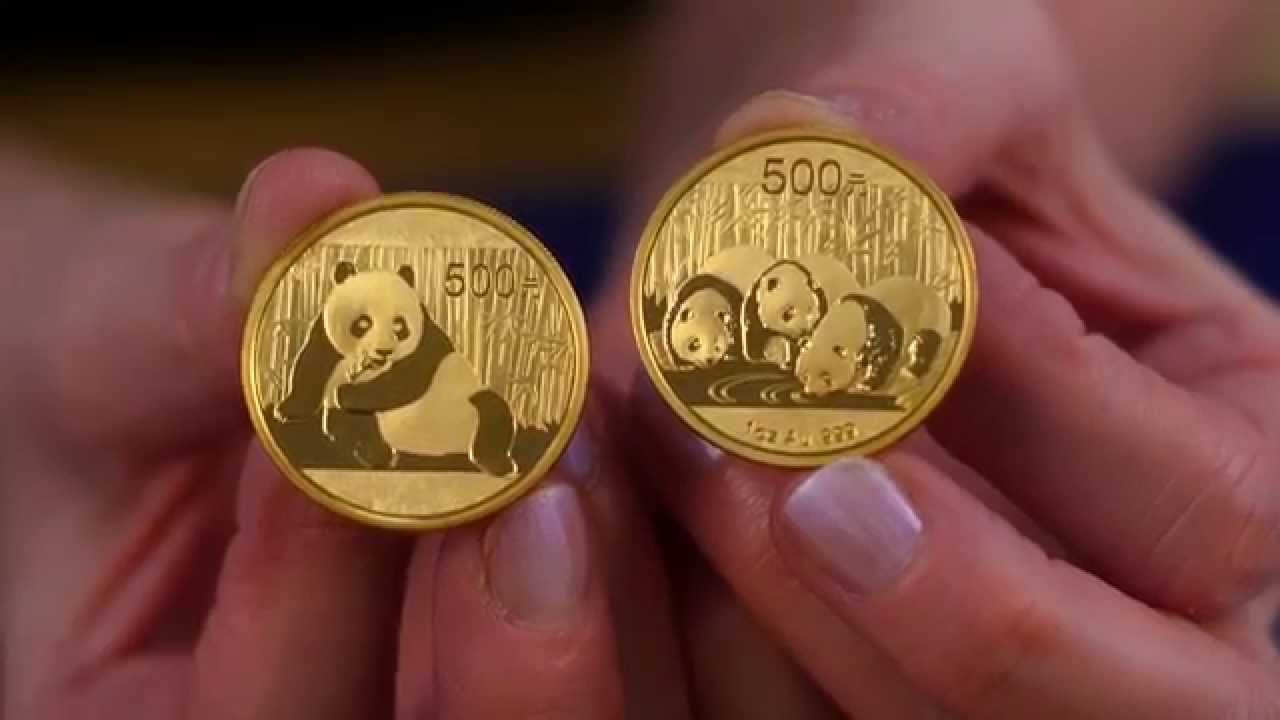

Jun
As of the liberalization of the market back in the late nineties, Chinese investors have developed quite an appetite for gold and precious metals. According to the World Gold Council, their appetite has been so unquenchable that as of 2013, China became the world’s #1 market for gold. In fact, just like with many other industries, China is the number one producer as well as the number one consumer of gold at this point.
What is the explanation behind China’s love story with precious metals?
First and foremost, it’s important to understand that… well, there isn’t just one explanation:
- Tradition most definitely plays an extremely important role and despite precious metal-related restrictions prior to the liberalization, let’s just say it was hard to just grab an eraser and wipe away a deeply entrenched, multi-generational affinity toward precious metals
- Rising inflation-adjusted incomes among Chinese citizens. No matter how much you like precious metals, you have to afford them. A few decades ago, purchasing precious metals was not exactly a realistic goal for the average Chinese citizen (even if they would have been legally allowed to do so) due to the fact that back then, people had a hard time meeting their very basic necessities. It was not until the formidable duo of liberalization and disposable income becoming a reality that investing in precious metals actually became something in the realm of reason for the average person in China
- Fears related to currency devaluation, both at home and abroad (as easy as it may be to point to the Yuan when painting a picture of currency devaluation, the phenomenon is ubiquitous), which made it tempting to gain a bit of exposure to an asset class that has been considered valuable for thousands of years
- The fact that the Chinese are bidding up pretty much anything money can buy. This can be considered a variation of #2, except that Chinese investors aren’t JUST bidding up various assets because their incomes went up, it’s also a function of the manner in which they’ve come to allocate capital all over the place, with phrases such as “the Chinese are buying” being prevalent pretty much everywhere, from assets that have been around for millennia such as precious metals to assets which haven’t even been around for a quarter of a century such as domain names (if we accept the beginning of the “commercial” Internet being 1996) and cryptocurrencies (available since 2009)
… as can be seen, the list of explanations can go on and on.
To answer the question which constitutes the tile of this article, however, nuance is the operative word. On the one hand, yes, the fact that China (with its 1.4 billion population) is bullish on an asset class definitely represents an argument in favor of investing in the asset class in question. However, as explanation #4 makes it clear, we shouldn’t fall into the trap of believing that just because Chinese investors are buying, they have to know something we don’t and in and of itself, Chinese interest should be considered enough to justify going all-in.
Not at all.
What we need to understand is that most Chinese investors are not yet what one would call sophisticated, simply because (as explanation #2 points out) the idea of disposable income is quite new. A lot of times, the combination between having access to capital for the first time and being eager to take action leads to capital misallocation mistakes.
Therefore, the decision to invest in precious metals needs to be based on more than China-centric arguments. If you are unable to build a thought process that rationally guides you through a wide range of reasons why you should invest in a certain asset class (precious metals or anything else for that matter), it’s time to go back to the drawing board. Or, to put it differently, interest from China is an argument that, from the perspective of formal logic, can be considered relevant (worth paying attention to and including in the equation) but not sufficient.
